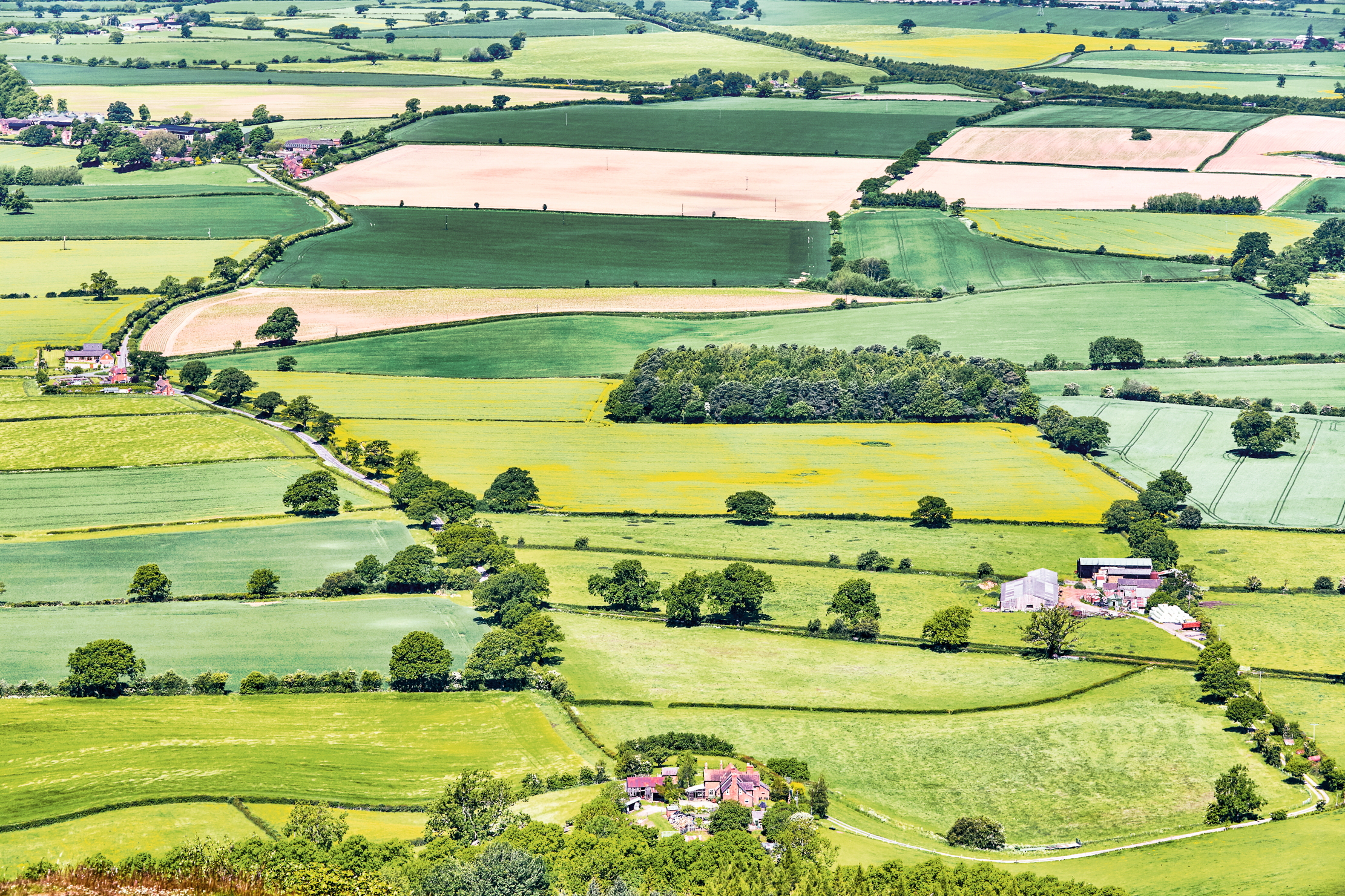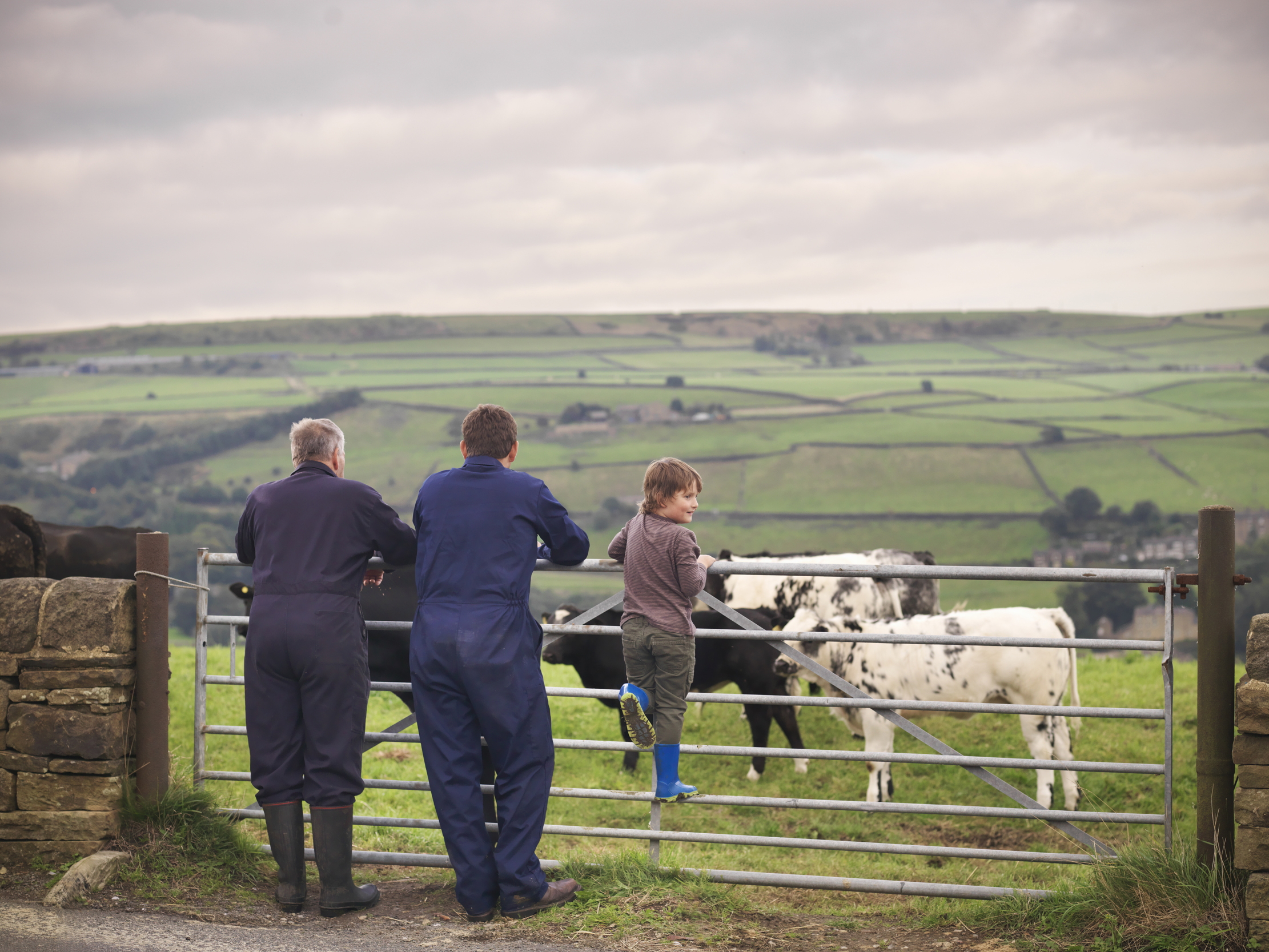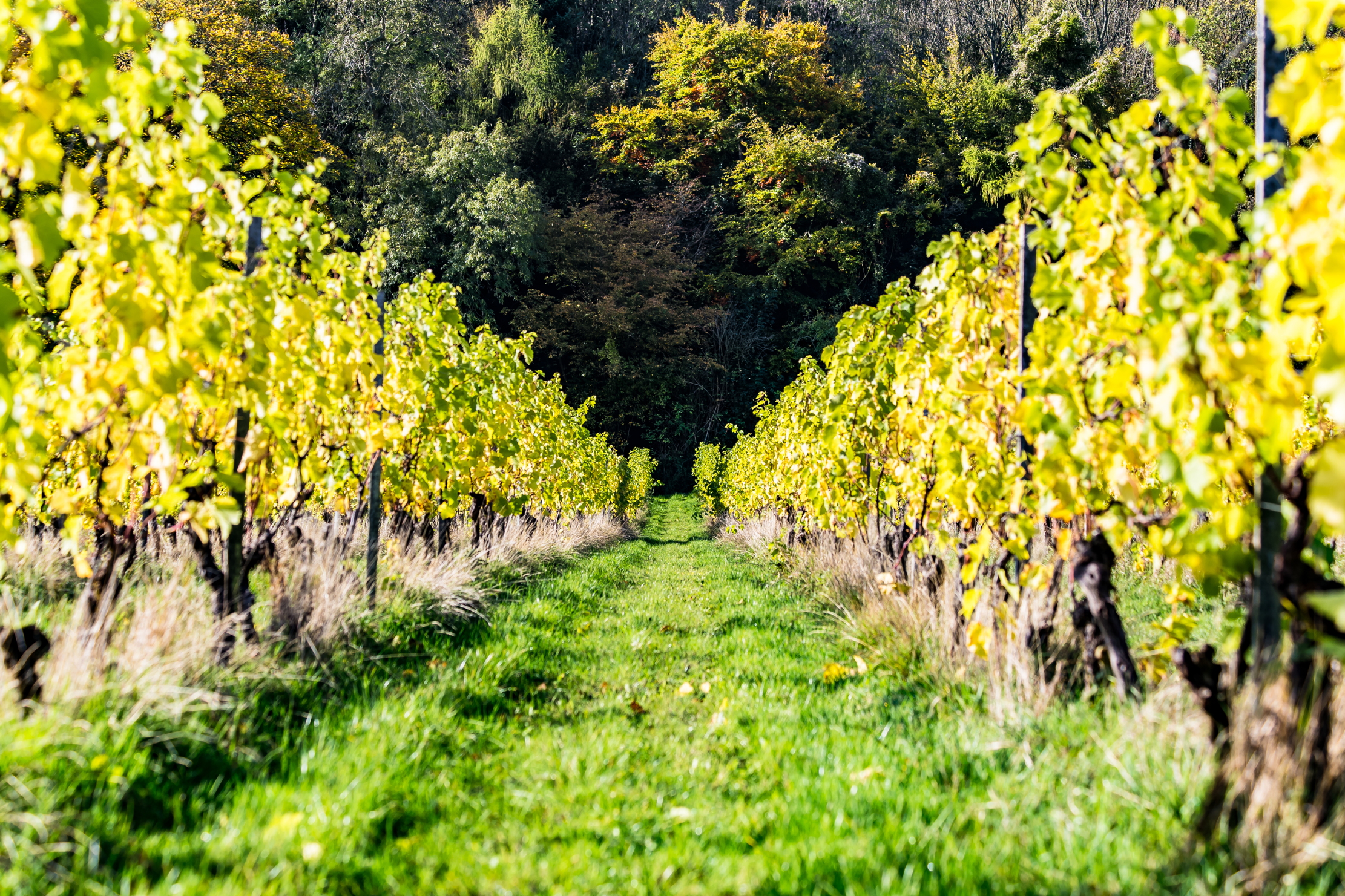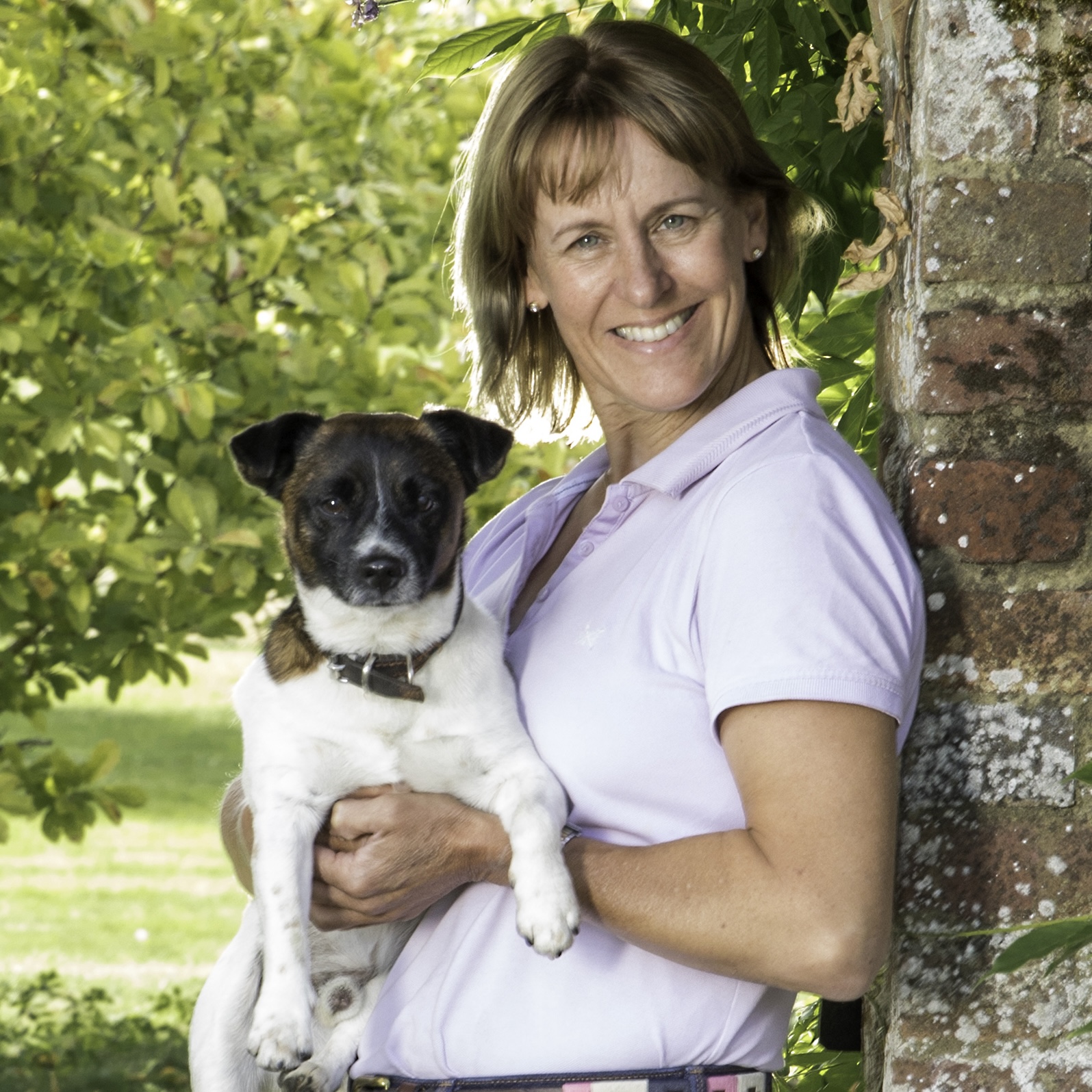Minette Batters: 'There are serious questions to be asked as to whether the advice given to ministers is correct'
The former NFU President and crossbench peer worries about the effects of the latest budget, and asks why we can't test whether farmers are actually farming.


My plan this month was to write about my fundraising trip to Embu County in Kenya. It was humbling and inspiring in equal measure. I will write a full update next month, but I do want to say a massive thank you to everyone who has sponsored me doing the GROW for Good Challenge — my JustGiving page is still open.
However, there is only one discussion in farming circles right now and that’s the recent Budget. The fiscal proposals by Chancellor Rachel Reeves on inheritance tax, agriculture property relief and business property relief are extremely worrying. Losing this tax benefit for genuine farming families has the potential to change the very fabric of the countryside, break up family farms and damage the nation’s food security.
Defra Secretary Steve Reed has been defiant, saying that he’s ‘sick and tired of seeing our public services crumble while the rich and wealthy buy up huge estates, robbing young farmers of their dreams, just to avoid paying their taxes’. I’ve met Mr Reed and he’s visited my farm. I don’t believe he’s setting out to do harm — quite the reverse — but there are serious questions to be asked as to whether the advice given to ministers is correct.
The Treasury has had a long-term, desk-driven view of agriculture. Indeed, our country’s history tells a long tale of either embracing or abandoning the importance of producing our own food. The 1947 Agriculture Act saw Clement Attlee’s post-war government commit to feeding the nation, declaring that never again would the British people face food rationing. However, the line from civil servants and government scientists for the past decade has been that the UK is a wealthy country and can afford to import its food. In today’s world, this is utter madness. If the Government wants to separate lifestyle farmers from family-run farms, they could easily develop their own active farmer test, given the huge level of compliance and record keeping that is needed to produce food. The Government knows exactly who’s farming and who’s not.
'They could easily develop their own active farmer test, given the huge level of compliance and record keeping that is needed to produce food'
Farms across the UK vary enormously in size and value. Take a 500-acre mixed farm: including farmhouse, barns, livestock and machinery, such a farm might be worth £5 million, £4 million of which will now incur an inheritance-tax bill of £800,000. Even with the decade’s grace period in which to pay this enormous sum, it still amounts to £80,000 a year. Farms are usually family businesses that are asset rich, yet often extremely cash poor. Defra’s own farm-business income figures show that, in 2022–23, nearly 50% of farms either made a loss or made a profit of less than £25,000. It is simply not good enough to say that farmers could sell a few fields to pay the inheritance-tax bill — farms need to be a certain size to stay viable.
Ministers claim that 73% of farms will not be affected by the changes. Yet they haven’t explained how they got to that figure. I suspect it includes so-called ‘lifestyle’ farms that don’t produce significant amounts of food and comprise less than 40 acres. Remove these and, according to the NFU, at least 50% of family farms will incur inheritance tax. It’s imperative that the Government publishes the data on how it came to 73%. Ministers must also consult with the industry and conduct a full impact assessment on the effects for farming, rural communities and national food security. Left unchecked, the entire fiscal bucket for food producers could have far-reaching consequences.
There were positives in the Budget: more money in the flood recovery fund and it was pleasing to see that there will be a greater level of investment for breakfast clubs in schools. However, I truly despair at the lack of food policy in general. It is a legal requirement that all children learn maths and English, so why on earth can’t we teach them about food and where it comes from?
Exquisite houses, the beauty of Nature, and how to get the most from your life, straight to your inbox.
There is an obesity crisis in our schools. With such focus, and rightly so, on the NHS, there is surely a moral duty to ensure every child gets to learn about food. We waste more food than any other country in Europe — if we learnt to value it, this would change.
All too often, so-called experts end up talking about taxes on unhealthy foods. Much as I accept there needs to be some stick-and-carrot, surely it’s about inspiring children to develop a passion for good food at a young age? We need to drive a greater understanding that we are what we eat. Learning to cook from scratch, using whole foods and giving children the basic skills to eat a healthy balanced diet will deliver a greater level of societal benefit than anything else.
Baroness Batters is a crossbench peer and a former NFU president. She runs a beef farm and rural business in Wiltshire

Credit: Anthony Rakusen via Getty
Agromenes: A budget of betrayal
Labour has turned it's back on the farming community with its latest plans on Agricultural Property Relief.

The law of unintended consequences is teaming up with Britain's latest tax rises — and it'll hit our historic houses hard
Country Life's cultural commentator Athena takes a closer look at last week's budget and foresees trouble ahead.

Credit: Getty Images/iStockphoto
Patrick Galbraith: 'What struck me is that English vineyards represent a rare example of farmland being re-peopled'
Going grape picking gives a glimpse of what the rural past would have looked like.
Baroness Minette Batters is a crossbench peer and a former NFU president. She runs a beef farm and rural business in Wiltshire.
